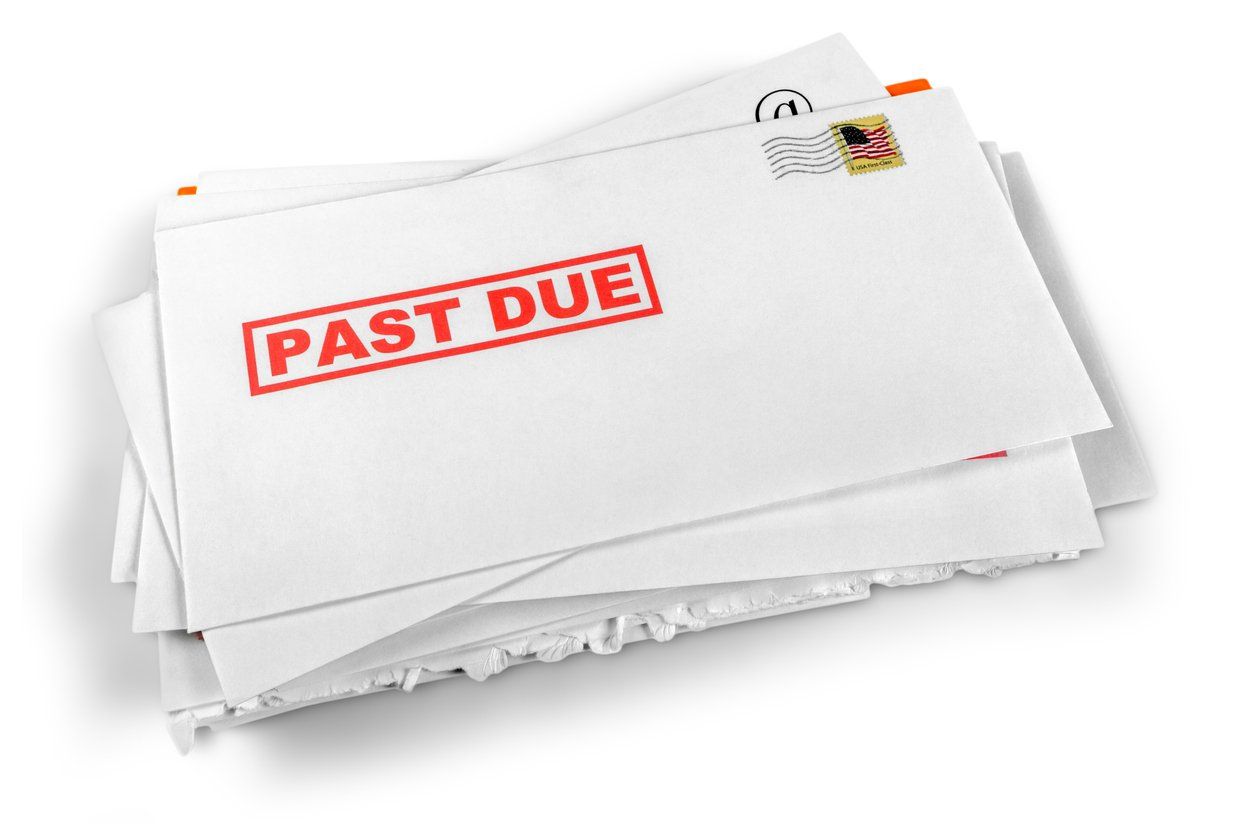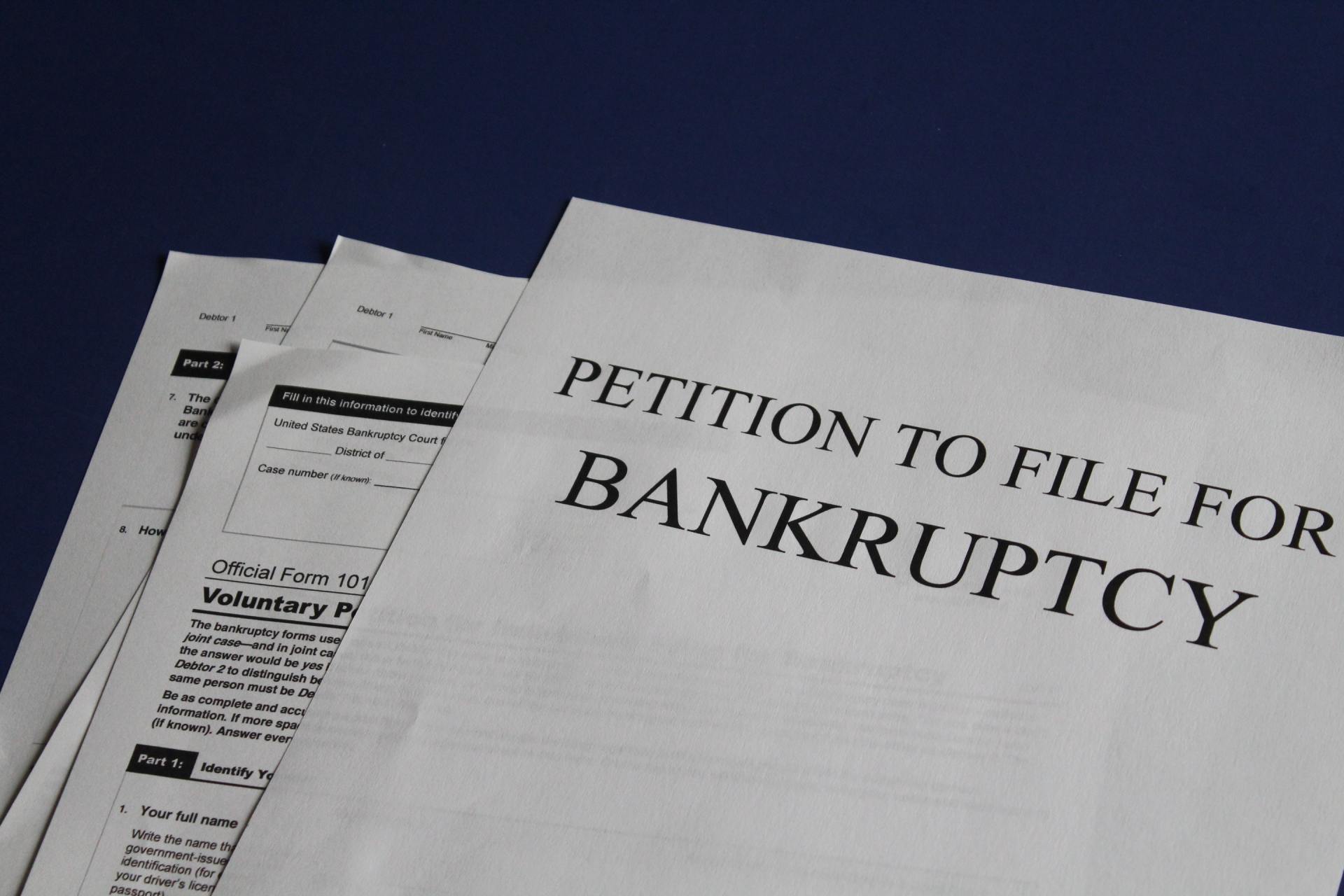Which Bankruptcy Exemptions are for You?
August 1, 2019
Exemptions in bankruptcy are the statutes determining which property you are permitted to keep and which property is to benefit the creditors.

Exemptions in bankruptcy are the statutes determining which property you are permitted to keep and which property is to benefit the creditors. Because property rights are generally an issue the federal government reserves to the states, Congress decided that the bankruptcy code should permit each state to determine the exemptions to be used by residents of the respective state. So even though you are in federal court, doing a federal proceeding, state laws are still relevant. But it is not that simple, because Congress was also concerned people might forum shop (move to a state with better exemptions just prior to filing bankruptcy). And to add a little more to the mix there are federal exemptions that people may use in some circumstances.
So which exemptions is a person to use?
For the majority of people this is a simple question. You start by asking, have I lived in the state I am currently in for more than two (2) years? If you have, then there really is no question, you are using that state's exemptions. In case you are reading this and do not live in Colorado, you will want to check to see if your state permits you to choose between the federal exemptions or your state's exemptions (Colorado does not permit you to choose).
So what if you have not lived in your current state for at least two (2) years? First, this is the point where you should have a bankruptcy attorney assist you. You have to go back further, to the six months prior to the last two (2) years (so you are looking at where you lived between two and a half years ago and two years ago). Whichever state you lived the majority of that time is the applicable state. Now more questions emerge. Are you now a resident of the applicable state again? Are you not a resident of the applicable state? Does the applicable state permit non-residents to use it's exemptions? Does the applicable require non-residents to use it exemptions? Fortunately, there is a great web-site bankruptcy attorney's use to assist them (www.exemptionsexpress.com). However, you should not blindly follow this website. Instead you should use it as a start. This site does typically cite the statutes it uses as it's basis. So follow the cite and read the statute. Make sure nothing has changed. This is why I started this paragraph with the disclaimer that this is where you need the assistance of a bankruptcy attorney. Generally, this inquiry will end with you using the applicable state's exemptions or, if you are able to, electing to use federal exemptions.
This analysis is routine for a good bankruptcy attorney so don't hesitate to ask at your initial consult which set of exemptions you will be entitled to use. It's smart to know what you are jumping into and you should plan your bankruptcy to benefit you.
If you believe that Colorado exemptions will be for you, feel free to read my last article describing the Colorado exemptions.
Denver Bankruptcy Law Office Nathaniel Thompson

If you are planning to file for chapter 7 bankruptcy, you will want to know what happens to various property in such a filing. And if you live in the Denver area, we highly advice you consult a Denver bankruptcy attorney, especially if you wish to retain or sell property through your bankruptcy filing.

A primary goal of a lot of clients is to rebuild their credit. A good Colorado bankruptcy attorney can assist you with this process. Often the first step to rebuilding something is to first demolish what is already there. A bankruptcy will accomplish that task and then it must serve as the foundation on which to rebuild your credit. So, how do you go about rebuilding your credit into something strong?

When people think bankruptcy, they usually immediately think the bankruptcy court is going to take and sell all their stuff. While the most basic way of explaining chapter 7 bankruptcy is that the bankruptcy court sells your assets and in exchange of you putting yourself through that process you get a discharge of your debts, it is a bit more complex than that. So, it is highly recommended that you contact a Denver bankruptcy attorney before filing.






